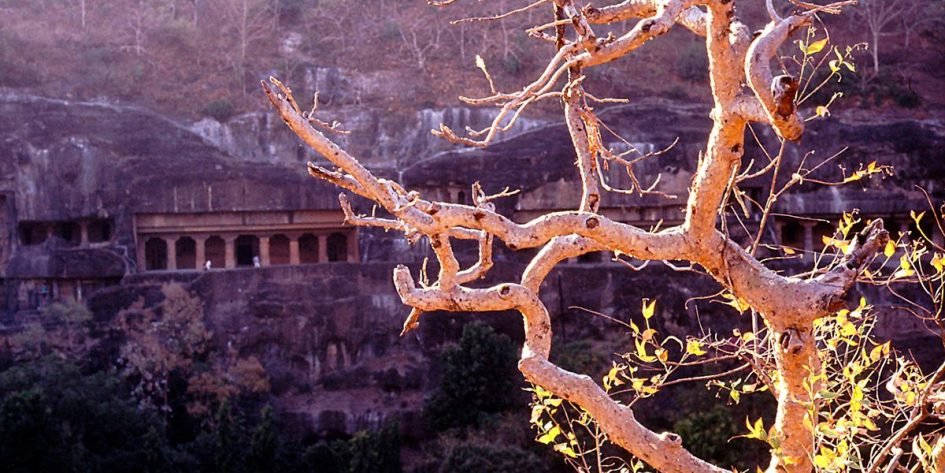QUOTES
If there is a sense of reality, and no one will doubt that it has its justification for existing, then there must also be something we can call a sense of possibility.
Whoever has it does not say for instance: Here this or that has happened will happen, must happen; but he invents: Here this or that might, could, or ought to happen. […] Such possibilities are said to inhabit a more delicate medium, a hazy medium of mist, fantasy, daydreams, and the subjunctive mood.
Robert Musil 1
Many people say that arguing for nonviolence is unrealistic, but perhaps they are too enamored with reality.
When I ask them whether they would want to live in a world in which no one was arguing for nonviolence, where no one held out for that possibility, they always say no.
JUDITH BUTLER 2
That human beings have the potential to be nonviolent […] implies a much higher image of the human being than we are presented with in the mass media and throughout our present culture, but because of that very culture, we can’t expect our nonviolent potential to manifest by itself.
To bring it to fruition, we must first try to understand it better and get into the habit of using it creatively in our relationships, our institutions, and our culture.
Michael Nagler 3
The concept of nonviolence has been marginalized because it is one of the rare truly revolutionary ideas, an idea that seeks to completely change the nature of society, a threat to the established order. And it has always been treated as something profoundly dangerous.
Mark kurlansky 4
Nonviolence is not a means to a goal, nor is it a goal in itself. It is, rather, a technique that exceeds both an instrumental logic and any teleological scheme of development – it is an ungoverned technique, arguable ungovernable.
judith butler 5
We live in a world of ‚overlapping destinies‘, where the fates of cultures are heavily intertwined. It is no longer a world of closed communities, where tyrannical orders or religious traditions represented the sole layers of historical legitimacy. Never in the history of the human race has nonviolence been so crucial.
Nonviolence has recently evolved from a single tactic of resistance to a cosmopolitan aim based on international application of the principles of democracy.
ramin Jahanbegloo 6
Cosmopolitanism is not just – or perhaps not at all – an idea. Cosmopolitanism is infinite ways of being.
Carol B. Brechenridge 7
Separation and exclusion have always been something aberrant for our constantly wandering species. Not cosmopolitanism is hard work, but it’s disproof.
Kwame Anthony Appiah 8
Cosmopolitanism conceived as a positive Ideal, be it formal or material, produces antinomies, which undermine its inner coherence. However, if it is thought as a critical ideal, these difficulties vanish to a large extent. The resulting conception of cosmopolitanism [is] a negative ideal, which aims to block false totalization.
Seyla Benhabib 9
Transdisciplinary knowledge, in the cosmopolitan cause, is more readily a translational process of culture’s in-betweenness than a transcendent knowledge of what lies beyond difference, in some common pursuits of the universality of the human experience.
Carol B. Brechenridge 10
Whenever a religious or theological difference becomes a source of conflict, that conflict is potentially cosmopolitical. Contemporary cosmopolitics is a particularly ambiguous form of politics; it consists exclusively of conflicts between universalities without readily made solutions.
Etienne Balibar 11
Religions are like different roads leading to the same point. […] Why does it matter which road we take as long as we reach the same destination. Wherein is the cause for quarreling?
MOHANDAS KARAMCHAND GANDHI 12
The cosmopolitan impulse, which advances our common personhood is no luxury anymore. It has become a necessity.
Kwame Anthony Appiah 13
Cultural purity is a contradiction in terms.
Kwame Anthony Appiah 14

